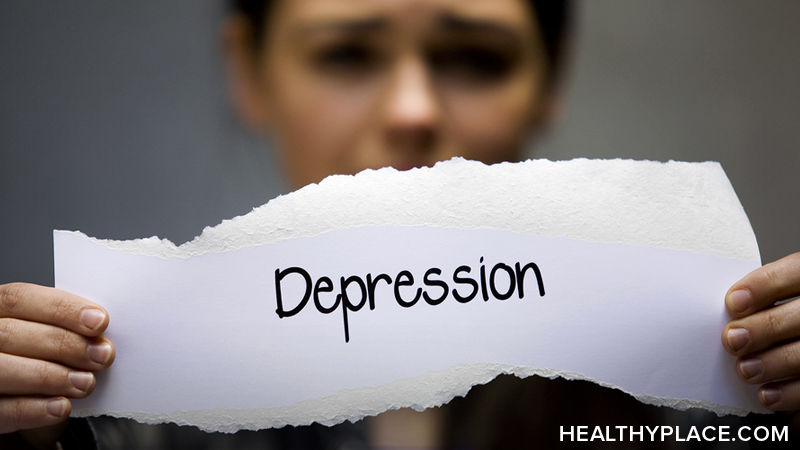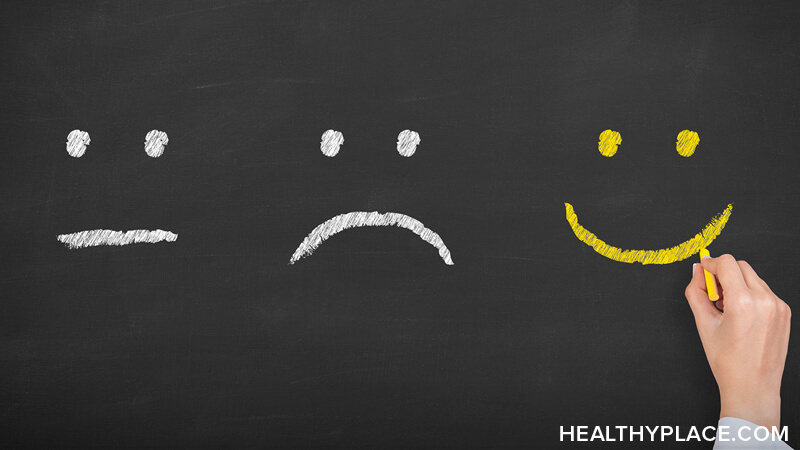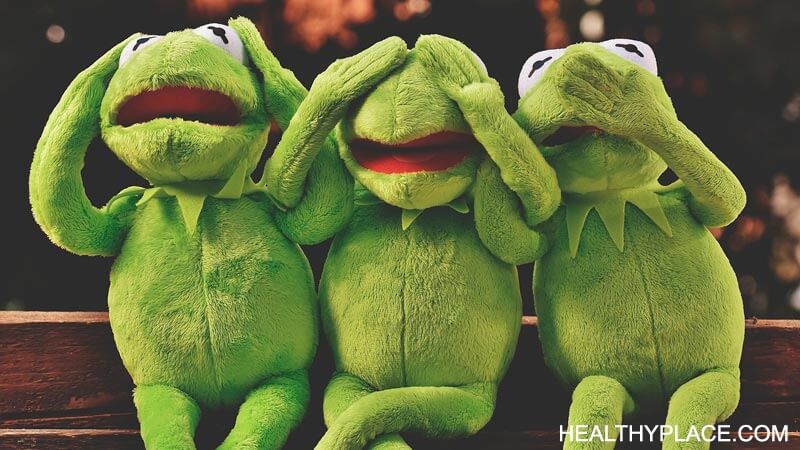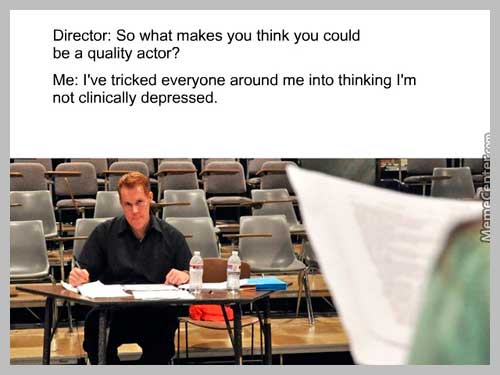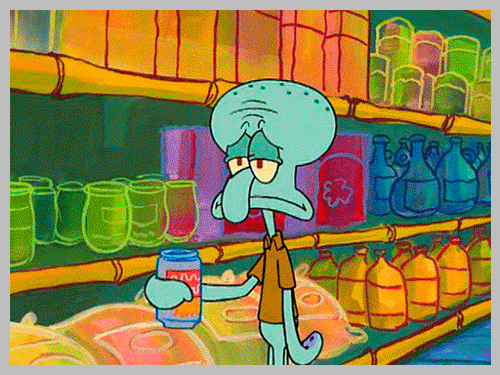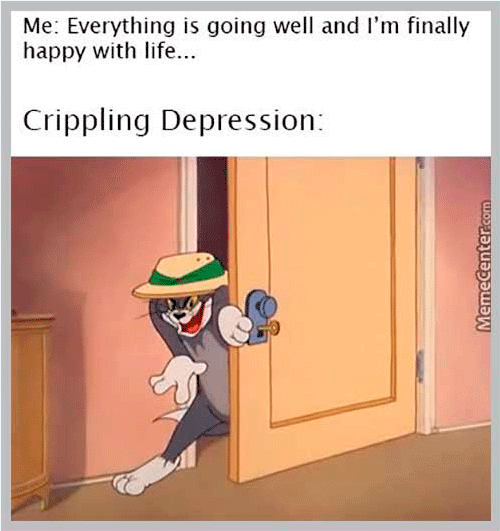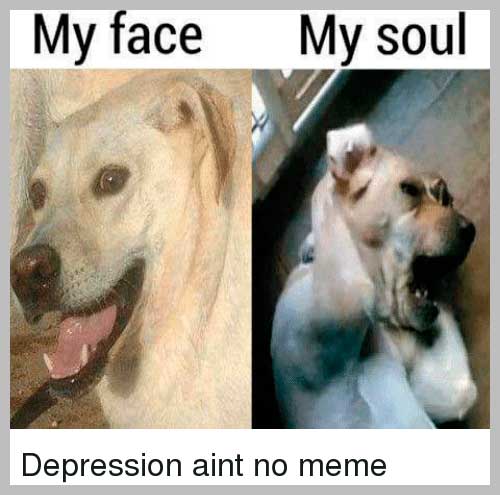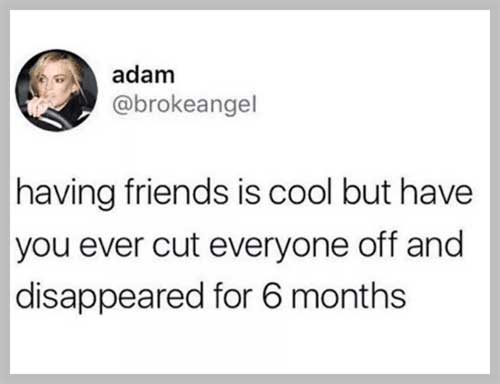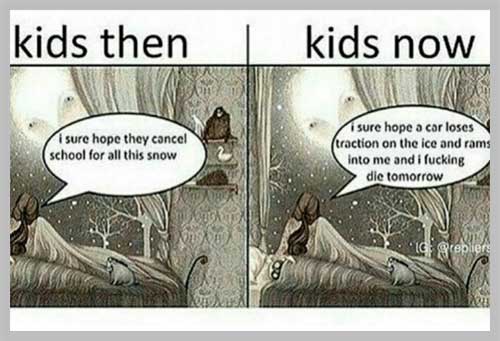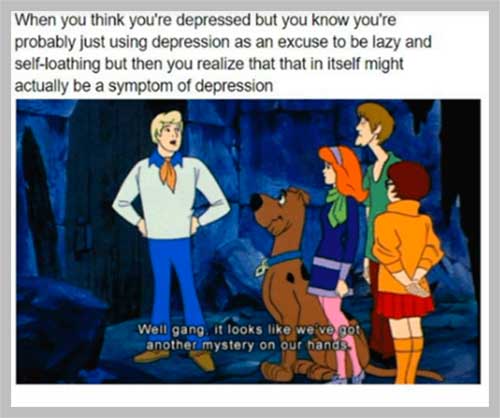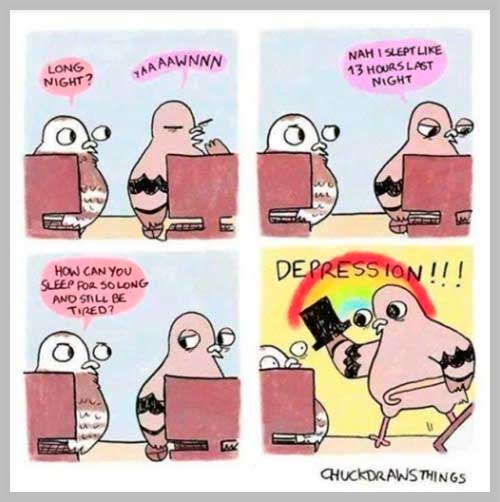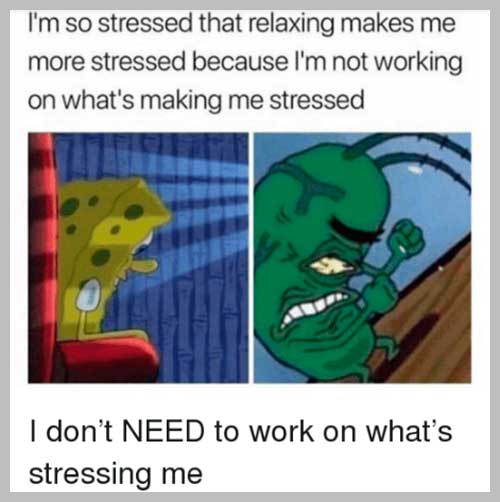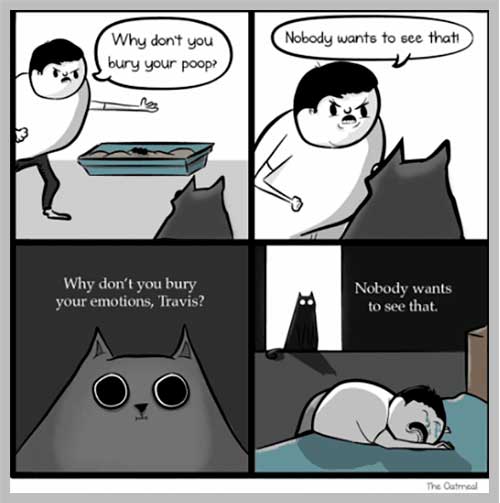
Brain fog treatment involves taking care of it at its source: the exhausted brain itself. Because brain fog is a symptom or an effect of such things as anxiety, depression, stress, and certain medical conditions, it’s not conceptualized as a condition in its own right that has a cure. It can, however, be reduced and overcome. There is brain fog treatment, and there is a brain fog fix if not a technical cure. If you’re wondering how you fix brain fog, read on.
Brain Fog Treatment Involves 3 Key Things
When the brain is fatigued, it can’t function well. The symptoms of brain fog are unpleasant and confusing. Thinking clearly and rationally becomes difficult. Focusing and concentrating are seemingly impossible. It can feel like you’re surrounded by something like fog, and it’s separating you from the world just enough to make everything muddled.
Thankfully, brain fog isn’t a permanent condition. Treatment of brain fog involves brain care and self-care. A brain fog cure or fix involves three key things:
When your brain is foggy, it’s asking you for help. Give it a break. Effective brain fog treatment involves choosing actions in these 3 key areas to regain balance and reduce brain fog.
The following techniques help you accomplish these things and thus provide a brain fog cure. These techniques are great brain fog treatment because they allow your brain to rest, manage stress and anxiety, and keep your stress hormones at desirable levels.
Brain Fog Fix: Nourish Your Brain and Body
What helps brain fog is providing nutrients and hydration to your brain and body. What goes into our bodies matters a great deal. Eating unhealthy foods like refined sugars, overly processed bread and pasta, processed junk foods, and fast food is harmful. The brain needs good quality fuel and stable blood sugar levels to operate optimally. Nourish yourself with fruits and vegetables, whole grains, nuts, seeds, omega-3 fatty acids, and lean meats. Proper nutrition is a potent brain fog treatment (Brain Fog Supplements, Vitamins, Remedies: Hoax or Real Deal?).
Other important ways to nourish your way to a brain fog fix include:
- Stay hydrated by drinking lots of water (tip: always have a water bottle with you)
- Provide your brain with oxygen by breathing slowly and deeply (tip: every hour, take a minute or so to pause and breathe, and get into the habit of breathing from your belly)
Brain Fog Fix: Get Moving
Movement increases blood flow to the brain which helps clear the mind of clutter, cloudy thinking, and negative thoughts. It also increases energy, something that is often lacking during bouts of brain fog.
The treatment of brain fog doesn’t require professional athleticism. Mild or moderate movement for less than 30 minutes a day is sufficient to blow away the fog. Daily exercise is great, but if you can’t do it daily, don’t throw in the towel. Do what you can when you can.
Some gentle yet effective exercises for helping brain fog:
- Walking
- Swimming
- Yoga
- Tai Chi
- Gardening
- Strength training (this isn’t the same as heavy weight lifting)
To get a double bonus in lifting brain fog, make sure you do something that you enjoy. Actively creating happiness is a potent brain fog fix.
A Restful Brain Fog Treatment: Pamper Your Brain
Your brain needs breaks, but it can’t rest on its own. Without your assistance, your brain will keep thinking and churning and overthinking and stressing. It will exhaust itself and will become unfocused and confused. It will be foggy.
Treatment of brain fog involves helping your brain slow down and take breaks. Three ways to do this are
- Meditation
- Mindfulness
- Ritual
Meditation can take many forms (you don’t have to sit cross-legged on the floor chanting “om”). In some way, be still and block out as much external stimuli as you can. Dim lights, diminish sounds and minimize distractions. Breathe slowly and deeply. Don’t try to force your brain not to think. It’s a brain, and brains think. Just let the thoughts come and float away. Don’t dwell on them or fight with them.
Mindfulness is closely related to mediation. With mindfulness, you use your senses to bring your thoughts to the present moment. Pay attention on purpose to what’s around you without thinking hard about it or judging it. You gradually teach your brain to concentrate on what’s important: the present moment.
Ritual is doing something calming and meaningful regularly. Create a wake-up, wind-down, or other significant ritual. Having even a short ritual lets you clear your mind and focus your energy. Drink tea from a special mug, write in a gratitude journal, color, or take a mindful walk. A daily calming ritual is an excellent brain fog treatment.
How do you cure brain fog? Treat your brain with lovingkindness. Rest, move, and nourish. And feel the fog lift.
article references

